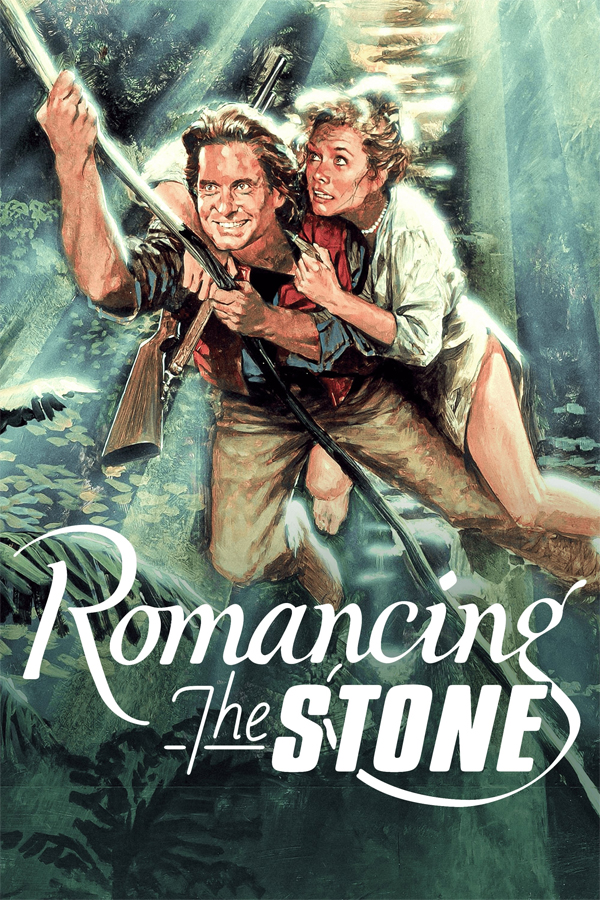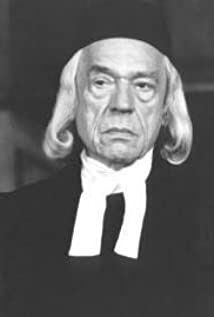Though his number of film roles amount to a bit over 30, Paul Scofield has cast a giant shadow in the world of stage and film acting. He grew up in West Sussex, the son of a schoolmaster. He attended the Varndean School for Boys in Brighton. The love of acting came early. While still high school age, he began training as an actor at the Croydon Repertory Theatre School (1939) and then at the Mask Theatre School (1940) in London. He took on all the experience he could handle by joining touring companies and also entertained British troops during World War II. He joined the Birmingham Repertory Theatre and, from there in 1946, he moved to Stratford-upon-Avon. There, in the birthplace of William Shakespeare, he had his first great successes. He had the title role in "Henry V"; he was "Cloten" in "Cymbeline"; "Don Adriano de Armado" in "Love's Labour's Lost", "Lucio" in "Measure for Measure", and then "Hamlet". And there were many more as he honed himself into one the great Shakespearean actors of the 20th century. With a rich, sonorous voice compared to a Rolls Royce being started up, in one instance, and a great sound rumbling forth from an antique crypt in yet another, he was quickly compared to Laurence Olivier.
Scofield did not move on to commercial theater until 1949, when he took the lead role of "Alexander the Great", in playwright Terence Rattigan's unfortunately ill-received "Adventure Story". And as he continued theater work, he moved toward film very carefully. From his first in 1955, Scofield was always - as with any of his acting assignments - extremely picky about accepting a particular role. It was three years before his second film. Meanwhile, Scofield had the opportunity to play a great lead part in a new play by a schoolmaster-turned-new-playwright, Robert Bolt. The play was "A Man for All Seasons" and Scofield's choice role was that of "Sir Thomas More", the great English humanist and chancellor, who defied the ogre "King Henry VIII" in his wish to put aside his first wife for "Anne Bolyne". It was a once in a lifetime part, and Scofield debuted it in London in 1960. His only appearance on Broadway was the next year in that play, which ran into 1962. It was no surprise that the work began garnering awards for him (see Trivia below for details on theater and film awards).

